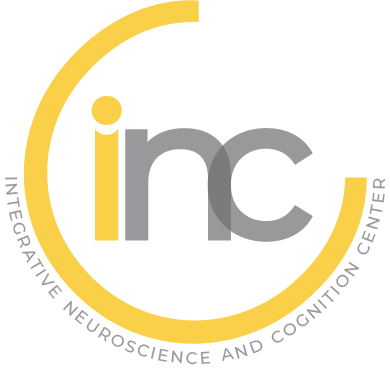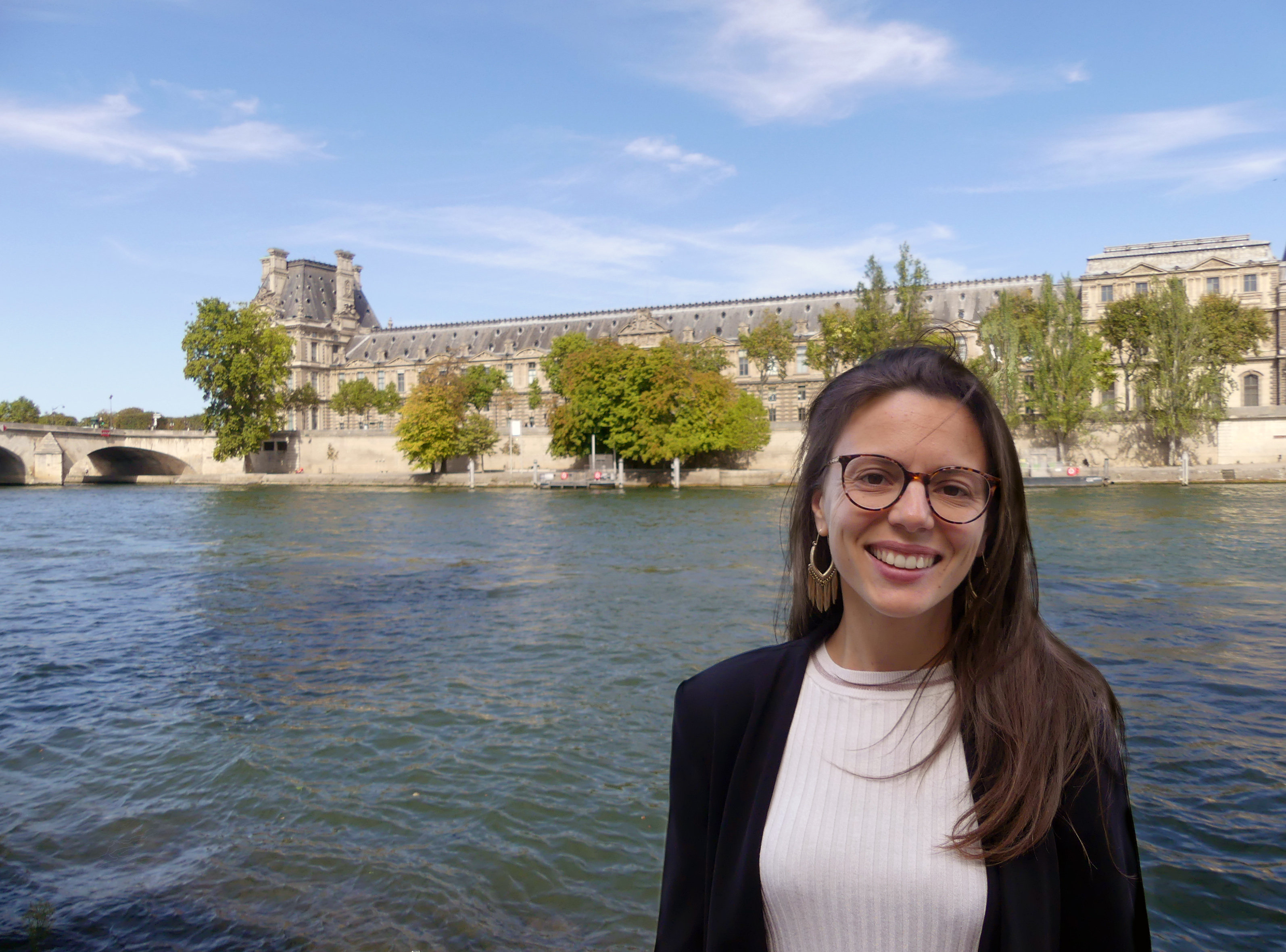Congratulations to Laura Dugué, laureat of an ERC starting grant!
This year, the European Research Council (ERC) awarded grants to 408 early-career researchers, including Laura Dugué, Associate Professor in the Vision group of the INCC, and teaching in the Biomedical Department of Paris Descartes University. This European grant will allow her to develop her project on Oscillatory Traveling Waves for 5 years.
The winning project
Traveling Waves: defining the mechanism allowing attention to emerge both in space and in time
Brain oscillations have been the subject of much debate in cognitive science research. If they have fascinated many scientists, entire fields of research have long ignored them, considering them epiphenomena. In recent decades, several theories have been proposed of a functional link between oscillations and brain functions, including attention. However, these theories rarely consider both the temporal and spatial aspects of oscillations.
In the WAVES project, Laura Dugué proposes to use a model-based multimodal neuroimaging approach to study the role of the spatio-temporal organization of brain oscillations on human attention. This project, at the interface of cognitive psychology and neuroscience, could bridge the gap between spatial and temporal dynamics that underlie our multi-sensory experience.
Laura Dugué obtained her PhD in Cognitive Neuroscience in Toulouse (France) in 2013. She then completed a post-doctorate at New York University (USA). In September 2016, she obtained an associate professor position at Paris Descartes and joined the Integrative Neuroscience and Cognition Center (INCC, UMR 8002). In 2019, she was appointed as a junior member of the Institut Universitaire de France (IUF).
Congratulations to Laura Dugué, laureat of an ERC starting grant!
This year, the European Research Council (ERC) awarded grants to 408 early-career researchers, including Laura Dugué, Associate Professor in the Vision group of the INCC, and teaching in the Biomedical Department of Paris Descartes University. This European grant will allow her to develop her project on Oscillatory Traveling Waves for 5 years.
The winning project
Traveling Waves: defining the mechanism allowing attention to emerge both in space and in time
Brain oscillations have been the subject of much debate in cognitive science research. If they have fascinated many scientists, entire fields of research have long ignored them, considering them epiphenomena. In recent decades, several theories have been proposed of a functional link between oscillations and brain functions, including attention. However, these theories rarely consider both the temporal and spatial aspects of oscillations.
In the WAVES project, Laura Dugué proposes to use a model-based multimodal neuroimaging approach to study the role of the spatio-temporal organization of brain oscillations on human attention. This project, at the interface of cognitive psychology and neuroscience, could bridge the gap between spatial and temporal dynamics that underlie our multi-sensory experience.
Laura Dugué obtained her PhD in Cognitive Neuroscience in Toulouse (France) in 2013. She then completed a post-doctorate at New York University (USA). In September 2016, she obtained an associate professor position at Paris Descartes and joined the Integrative Neuroscience and Cognition Center (INCC, UMR 8002). In 2019, she was appointed as a junior member of the Institut Universitaire de France (IUF).


